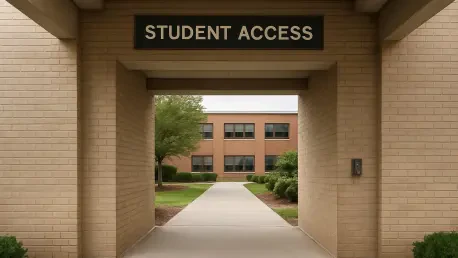
The traditional path of full-time, residential theological education is increasingly at odds with the complex realities of modern life, prompting venerable institutions to reimagine their approach to training future leaders. Union Presbyterian Seminary (UPSem) has responded to this evolving

Confronting a staggering nationwide deficit of 165,000 classrooms that threatens the quality of education for millions, the Department of Education has embarked on an innovative and pragmatic strategy to alleviate severe school congestion. The agency recently unveiled its first-ever Classroom

In the rapidly evolving landscape of corporate development, the role of an instructional designer has transformed from a simple content creator into that of a strategic architect, tasked with building comprehensive learning ecosystems that drive tangible business results. The Ontario Lottery &

The traditional vision of middle school hallways and ringing bells is being redefined as a growing number of families discover the sophisticated and effective world of virtual education. Far from the simplistic correspondence courses of the past, today's online schools offer accredited, dynamic

An unusually severe winter season has presented Indiana school districts with a significant challenge, forcing administrators to confront a 2022 state law that has fundamentally altered the classic snow day. With a higher-than-average number of cancellations, schools are navigating a legislative

A recent comprehensive pulse survey has unveiled a deepening crisis within Alberta's education system, revealing that an overwhelming majority of teachers are grappling with unprecedented levels of stress, burnout, and profound pessimism about the future of their profession. The findings from
1 2 3 4 5 6 7 8 9 10 11 12 13 14 15 16 17 18 19 20 21 22 23 24 25